キーが外れたピアノや音が出るタイミングがズレたピアノでの演奏は、不快なものでしかありません。
そのようなピアノで演奏をしていくと、ピアニストとしてのあなたの成長を妨げることになります。
キーが外れた音を聞き続けると、音感を養うことができません。
またタイミングがズレた音を聞き続けると、リズム感を養うことができません。
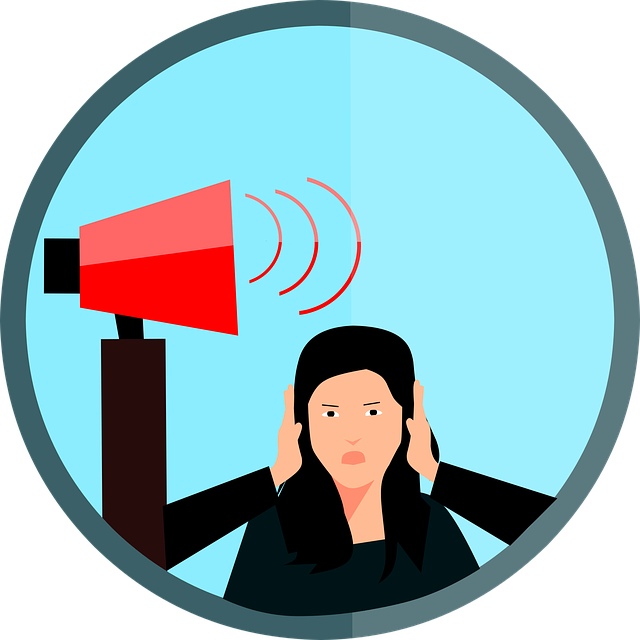
時間が経ったり、ピアノで何回も練習していると、ピアノの弦は必然的に緩んできます。
弦だけではなく、ハンマーや鍵盤が物理的にズレている場合もあります。
ピアノは必要なときに調整・調律していくことが重要です。
まずはチェック
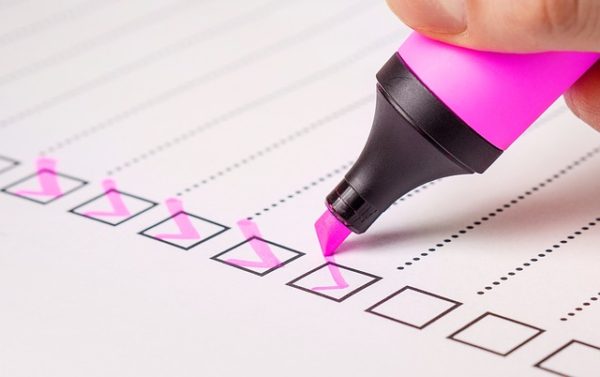
お持ちのピアノで質のいい演奏や練習をするために、ピアノに問題がないかを確かめる方法は以下の通りです。
- ピアノの弦を見ながら鍵盤を押し、ハンマーがタイミング良く正しく動いているか
- 鍵盤にあった3つの弦(通常1鍵盤に付き3本の弦が鳴ります)が3本とも振動しているか
- 市販のチューナーを使い、音程が異なっていないか
この3つの項目の1つでも問題がある場合は、調整が必要です。
もちろん、あなた自身の耳で何かが違っていると違和感があれば、それはピアノを調整する時かもしれません。
調整・調律の有効期限
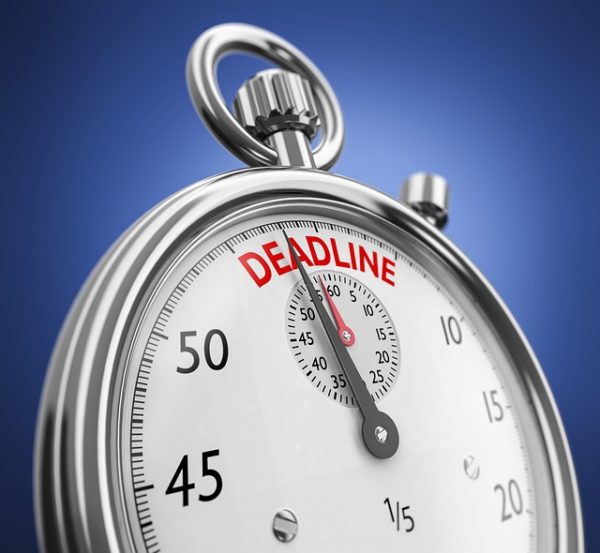
あなたのピアノはいつ最後に調整されましたか?
そもそも前回調整したのがいつか覚えているでしょうか。
もしピアノが調整・調律されずに1年以上経過している場合は、おそらく調整が必要になっているでしょう。
ピアノは徐々にキーが外れていきますので、自分の耳では気づきにくいかもしれません。
1年後に、いつも使っているからチューニングなしでも大丈夫だと思っても、チューニングしたら大きな違いがあるでしょう。
ほとんどのピアノは、少なくとも年に1度調整する必要があります。
ピアノの除湿と加湿
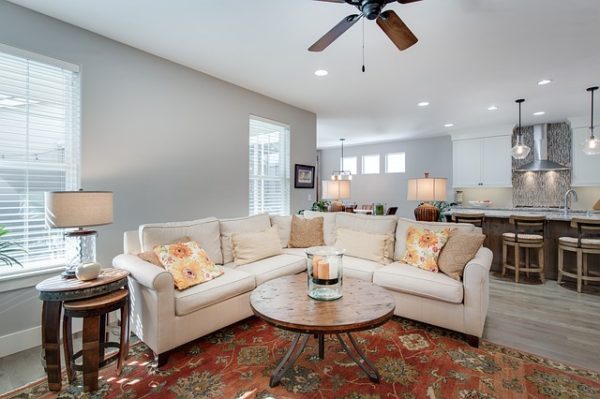
ピアノの温度、湿度、場所に変化がある場合は、さらに頻繁にチューニングする必要があります。
ピアノは温度や湿度に弱いのです。
こちらの記事も参考にされてみてください。
ピアノの内部で湿度を調節するための機器を購入することもできます。湿気の多い場所では、乾燥を維持するために、ピアノの内部に低発熱量の金属棒である除湿棒を取り付けることができます。
これは「ダンプチェイサー」という名前で販売されているピアノ専用の除湿機です。
これらはピアノのキーを維持するのに役立つだけでなく、弦が錆びるのを防ぐことができます。
一方、非常に乾燥した場所に住んでいる場合や乾燥する季節には、ピアノを置いた部屋で加湿器を使って調整してください。これは市販されている一般的な加湿器で問題ありません。
しかし加湿器をピアノに近づけ過ぎないようにしてください。過度な加湿はかえってピアノを痛めることになります。冬の乾燥した季節であっても、加湿のしすぎには注意しましょう。
調整・調律の頻度

ピアノは定期的なケアが必要です。
もしお持ちのピアノが調律されずに5年や10年が経過した場合は、一度調律するだけでは十分ではありません。調律したあと、すぐにまたキーが外れてしまうことがあるからです。
定期的に調律を繰り返すようになるまでは油断してはいけません。
練習の合間に、時々チェックすることを忘れないようにしましょう。
ある程度定期的に調律しているようであれば、理想は数ヶ月に1度の調律でしょう。
この頻度の一番の理由はやはり季節によるものです。
いくら管理していても一般のご家庭で、年中同じ環境を作ることは非常に難しいです。
季節が変わるタイミングで調律することはベストな選択になるでしょう。
しかし調律にはお金も時間もかかります。
数ヶ月に1度の調律をする余裕が無い場合は、最低でも1年に1度は調律するようにしましょう。
忘れてはいけないのが、正しい音色を奏でるピアノで演奏することは練習の質を高めるということです。
自分の練習のステップアップのためにもできるだけ調律の頻度は落とさないようにしてください。
ピアノを調律するには
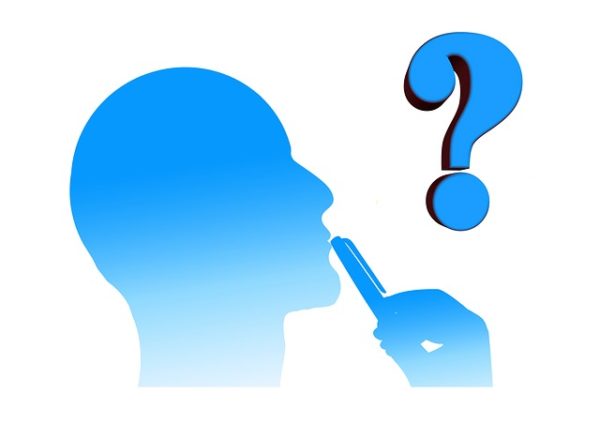
ピアノを調律するときは、必ず資格を持った調律師に連絡してください。絶対にネット等を見ながら自分で、DIYの感覚で調律しないようにしてください。
素人が行うと、ピアノの寿命を伸ばすために行うはずの調律が、逆に寿命を縮めてしまうことにも繋がりかねません。
ピアノの調律には「ピアノ調律技能士」という国家資格があります。等級は3段階ありますが、どれも簡単に取れるものではありません。
また、国家資格として位置づけされていることからも、ピアノの調律は簡単なものではないことが分かります。
ピアノの調律は、プロの方に任せましょう。
近くの楽器屋や公式なピアノスクールに連絡をすると、大抵はピアノの調律師を紹介してくれます。また、ネットでも多くの情報がありますので一度検索してみましょう。
注意点として、「ピアノ調律師」という職業は資格を持っていなくても、誰でも名乗ることができます。聞きにくいかもしれませんが、有資格者かどうか必ず確認するようにしてください。
こちらの記事に調律するまでの流れと注意点を記載しています。
調律の費用
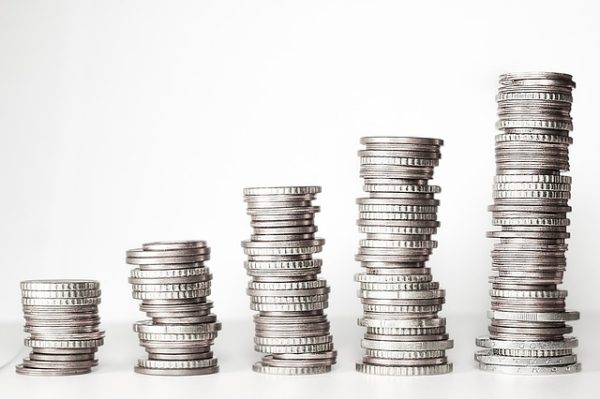
調律師は少なくとも1時間はピアノを確認してくれます。私も何度も自分のピアノを調律してもらった事がありますが、素人では見つけきれない異変をときには見つけてくれます。
単純な調律のみであれば少なくとも1万円以上を想定しておいたほうがいいでしょう。
ただし、個人でやっている調律師が少なくないですので、その値段は様々です。
調律のみで5万円を超えるような場合はボッタクられていないか一度詳細を聞いてみたほうがいいです。
もし、ピアノの弦が錆びていたり、切れていたり、もしくはしばらくの間調律されていないピアノであれば、「弦の交換」が必要になります。
この場合、安くても20万円ほどの費用が発生してしまいます。
調律に比べてかなり高い値段となりますが、このぐらいが相場です。疑う気持ちも分かりますが値段は間違っていません。
弦を交換すると、音が安定しやすくなります。しかし、車の車検のように、調律師に交換を頻繁に促されることがありますので、しっかりと自分の目で見て、自分で判断するようにしましょう。
さいごに
ピアノを調律・調整しておくと、ピアノの練習で正しい音色を聞くことができ、練習の質が高まります。
お持ちのピアノの管理をする時間とお金を惜しまずに投資してください。正しく投資をすることで、今から練習する人にとってはもちろん、次の世代にとってもとても価値のあるものになるでしょう。

コメントを残す